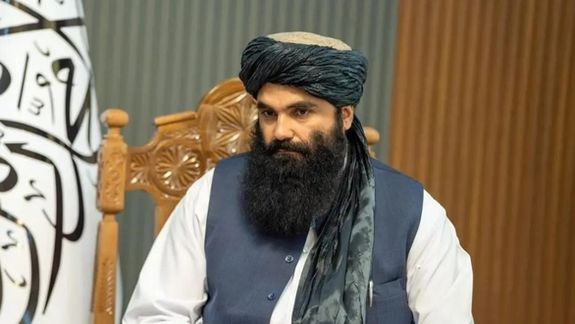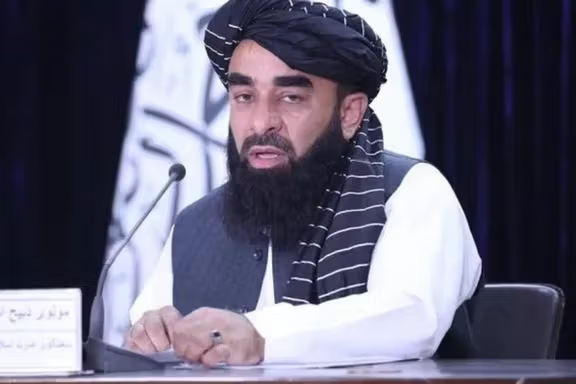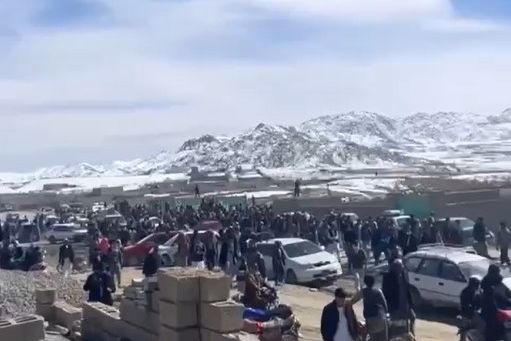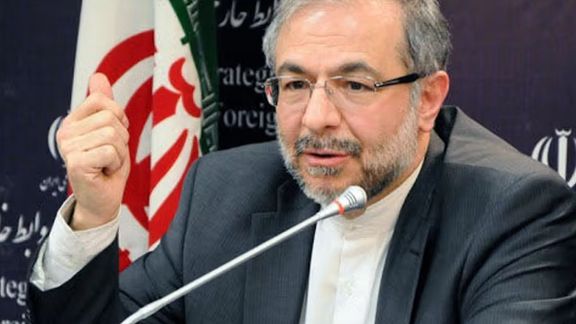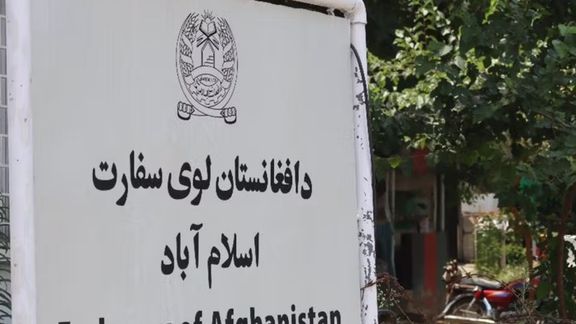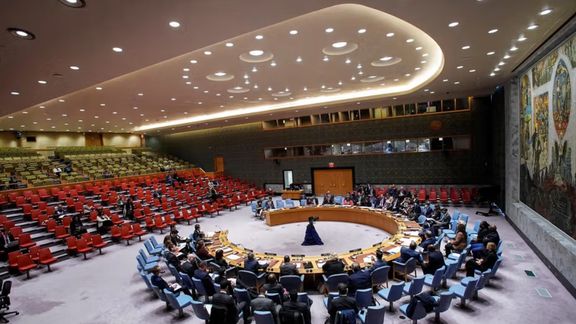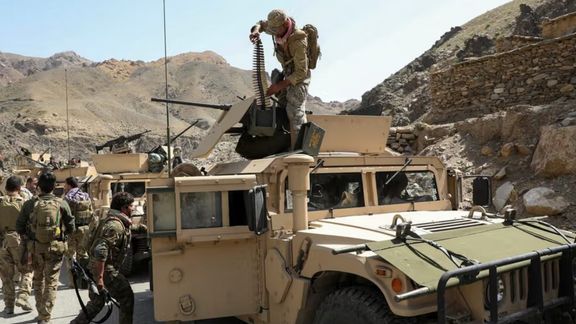According to the BBC World Service, the decision was made to prevent the disclosure of potential war crimes committed during the Afghan conflict. The UK Special Forces have the authority to approve or block the relocation of Afghan forces who fought alongside them.
During a court session, the Ministry of Defence confirmed that UK Special Forces had blocked the relocation of Afghan personnel, even though these commandos had provided valid documentation proving their service with UK-supported units.
A significant number of these Afghan forces, known as the “Triples”, including CF 333 and ATF 444, were trained by UK Special Forces, participated in British-led missions, and received UK government funding. Until 2014, these units were under direct British Army control, after which responsibility was transferred to Afghanistan’s Ministry of the Interior.
Following the Taliban’s takeover, these commandos were left at severe risk. However, despite their role in combat missions alongside British Special Forces, their resettlement was blocked by their former British colleagues.
The BBC reports that British Special Forces are currently under investigation for alleged war crimes in Afghanistan. Under UK law, only witnesses residing within the country can be compelled to testify, making the presence of Afghan commandos in Britain a legal risk.
The Ministry of Defence has since resumed reviewing resettlement applications for Afghan commandos but has failed to provide updates on their cases.
In 2023, the Ministry of Defence began processing resettlement applications for 2,022 Afghan commandos, with an expected 12-week timeline. However, a year later, the review remains incomplete.
While some previously rejected cases have reportedly been approved, the British government has not yet informed the applicants.
Following the Taliban’s return to power, many Afghan special forces fled to neighbouring countries. However, those who remained face severe risks, with reports of arrests, torture, imprisonment, and even executions at the hands of the Taliban regime.
